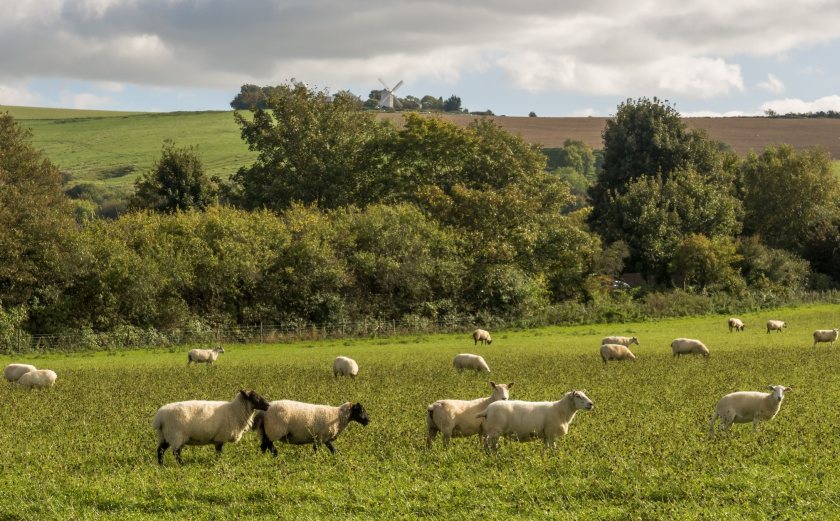Act now: Chief vets warn of spreading bluetongue virus

The UK's chief veterinary officers are calling on farmers and vets to seriously consider vaccinating livestock against bluetongue, as concerns mount over the virus’s spread during the new vector season.
Officials are emphasising the importance of proactive planning to safeguard animal health and welfare, as three licensed BTV-3 vaccines are now available for use in England, Scotland and Wales.
BTV-3, which has caused widespread disruption to livestock sectors across mainland Europe, was mostly confined to the east of England in 2024, with only mild symptoms reported in many cases.
However, with confirmation that the virus has overwintered in parts of the country and is now present in western England, the risks are now significantly higher.
The UK's chief veterinary officers said in a statement: “Now we have available vaccines... they should be considered to provide protection to livestock health and welfare, and to reduce the spread of bluetongue."
From 1 July, an all-England bluetongue restricted zone (RZ) will be introduced, replacing the previous patchwork of localised zones.
Authorities say the shift reflects the extent of virus spread and the limited benefit of maintaining divided zones, which have posed major challenges for trade and animal movements.
Despite the national RZ in England, farmers moving animals into Scotland and Wales will still be subject to pre-movement testing requirements in most cases.
These measures will remain under review by the devolved administrations to balance disease control with the smooth functioning of farming businesses and markets.
Meanwhile, the industry now has access to three licensed BTV-3 vaccines – Bultavo-3, Bluevac-3, and Syvazul BTV 3 – with manufacturers collaborating to ensure sufficient supply meets expected demand.
“The time for vets and farmers to discuss vaccinating livestock against BTV-3 is now,” the UK's chief veterinary officers concluded.
“Vaccination is the most effective tool available to prevent disease, minimise suffering, and reduce the spread of bluetongue virus in exposed animals.”
Bluetongue, which affects sheep, cattle and other ruminants, is a viral disease spread by biting midges.
It is a notifiable disease, and suspicion of it in animals must be reported to the Animal and Plant Health Agency on 03000 200 301.








